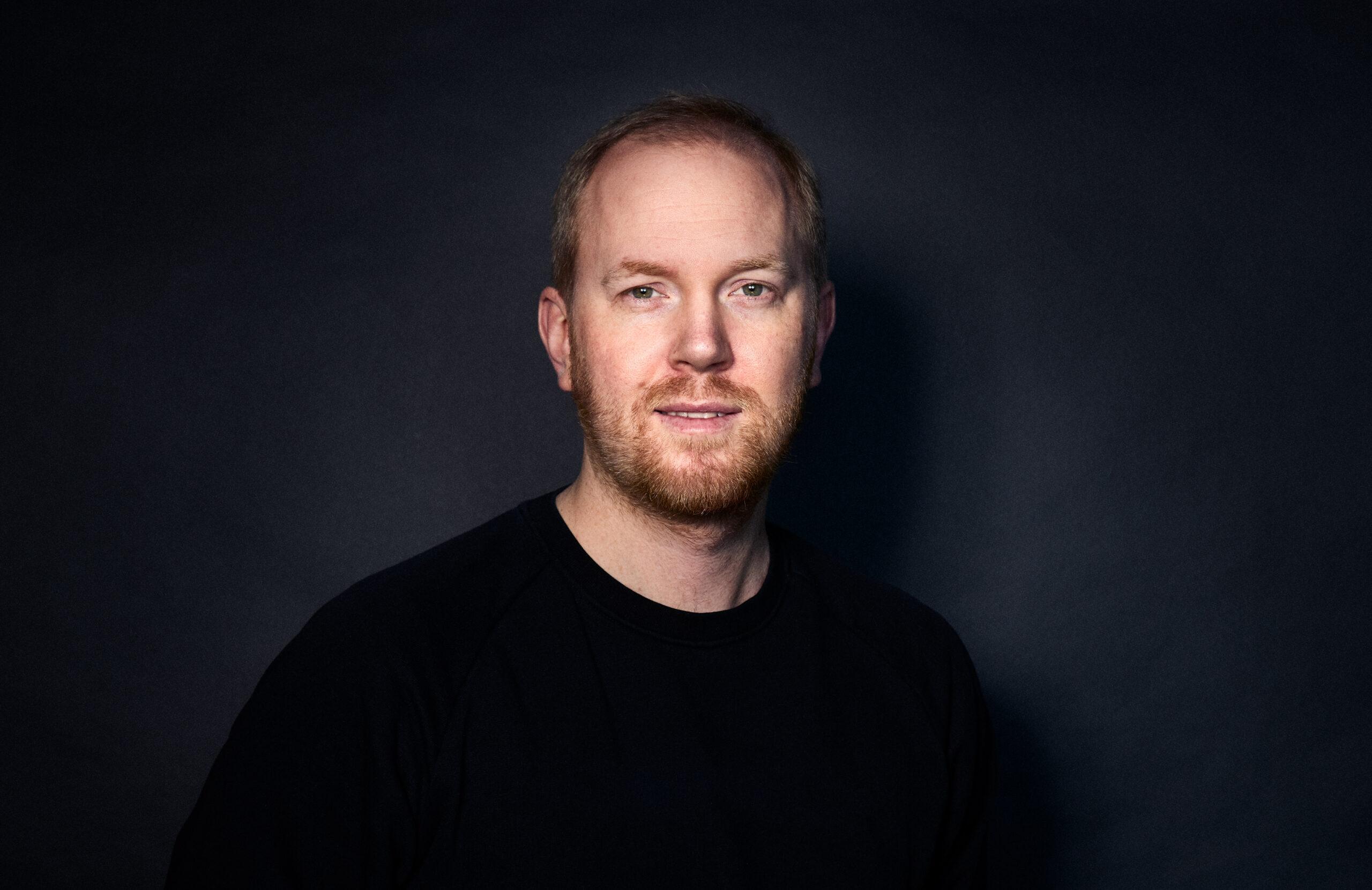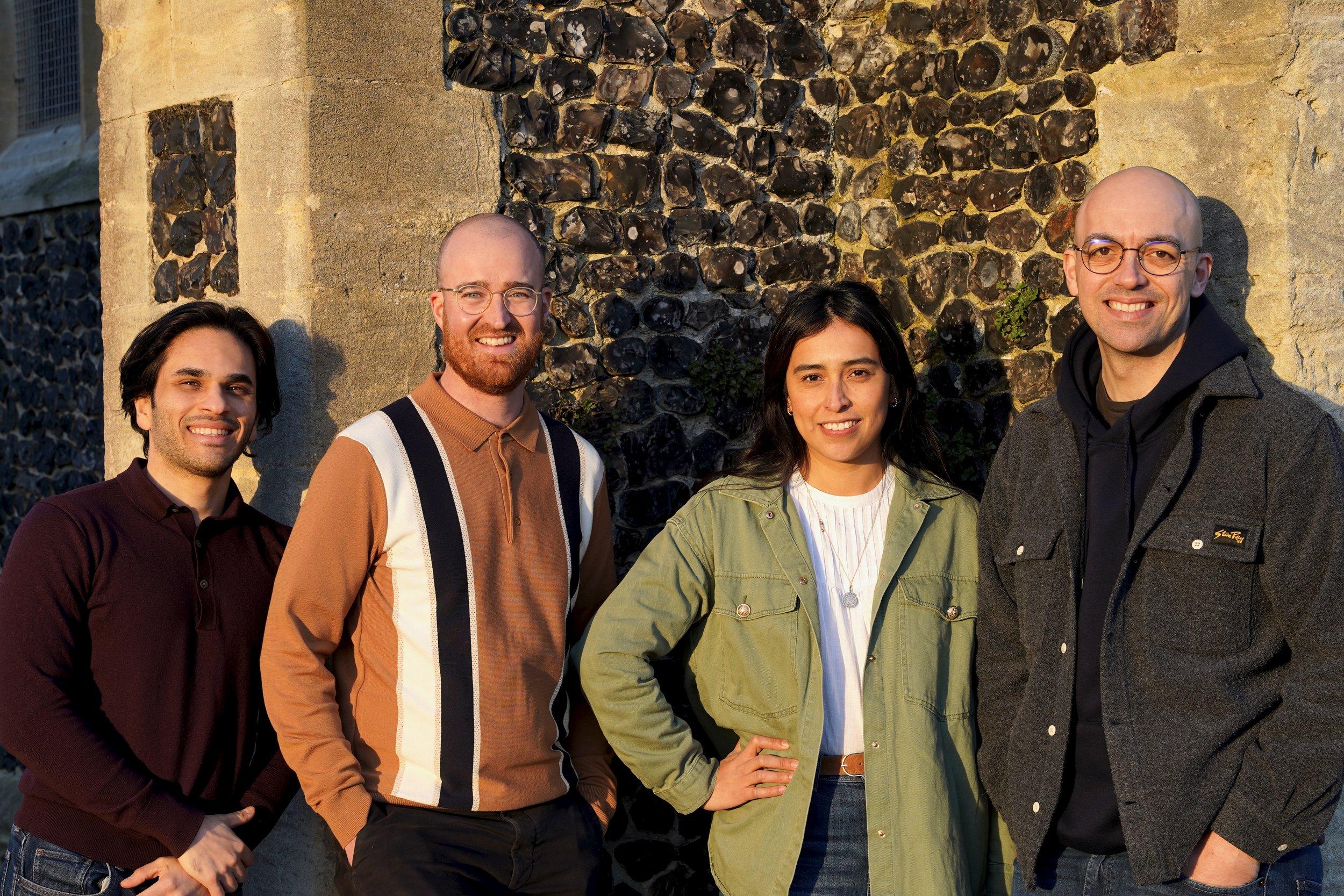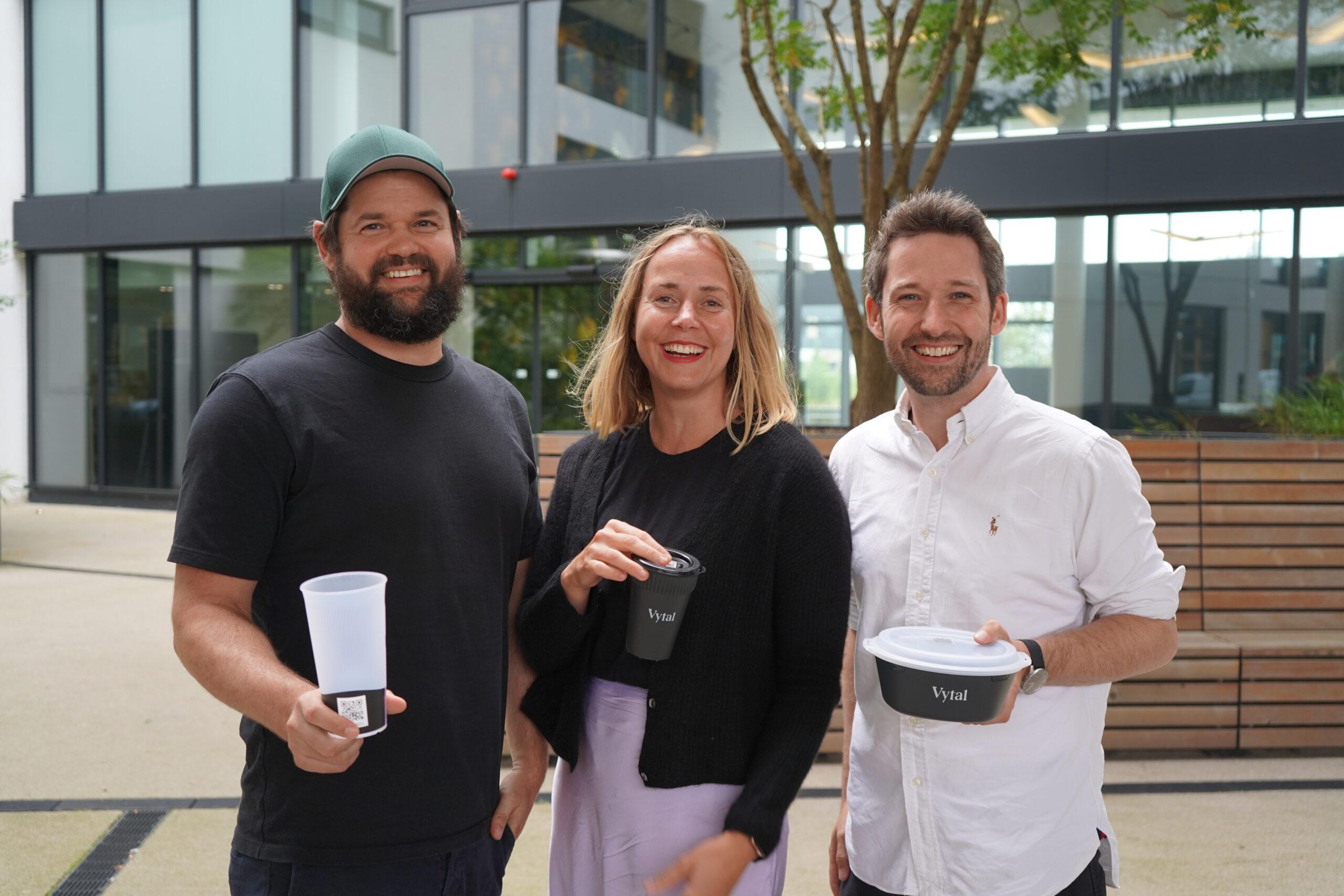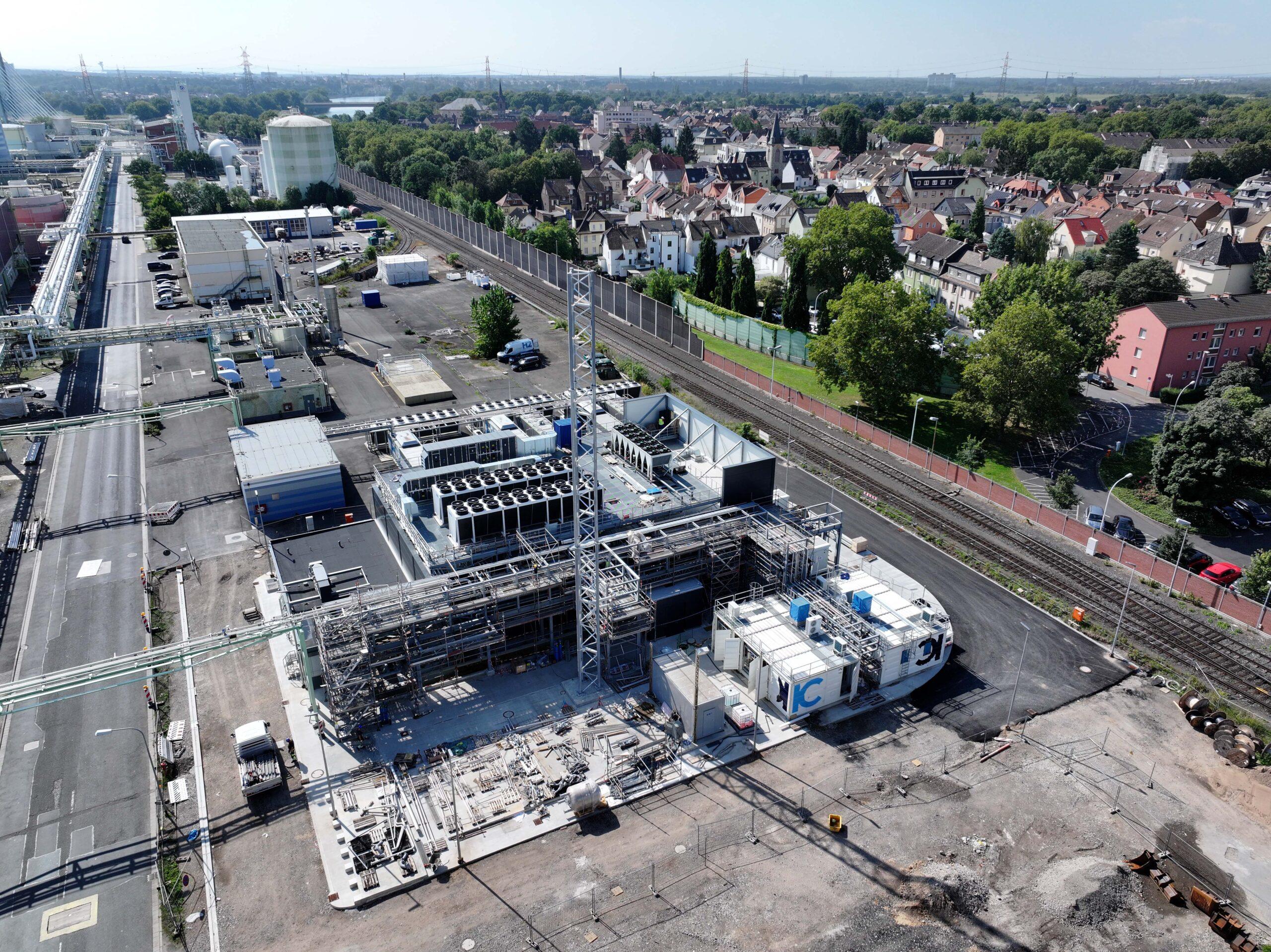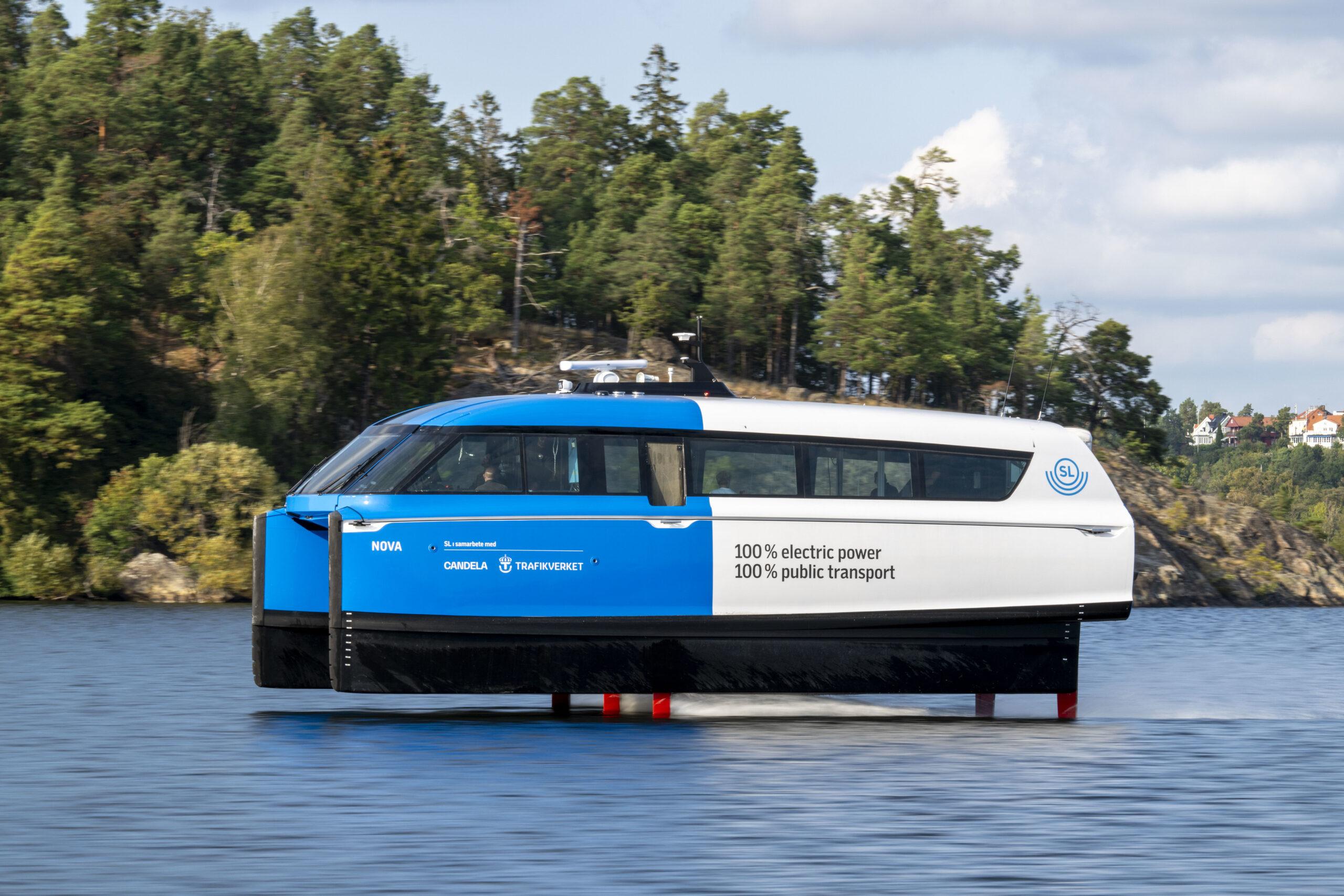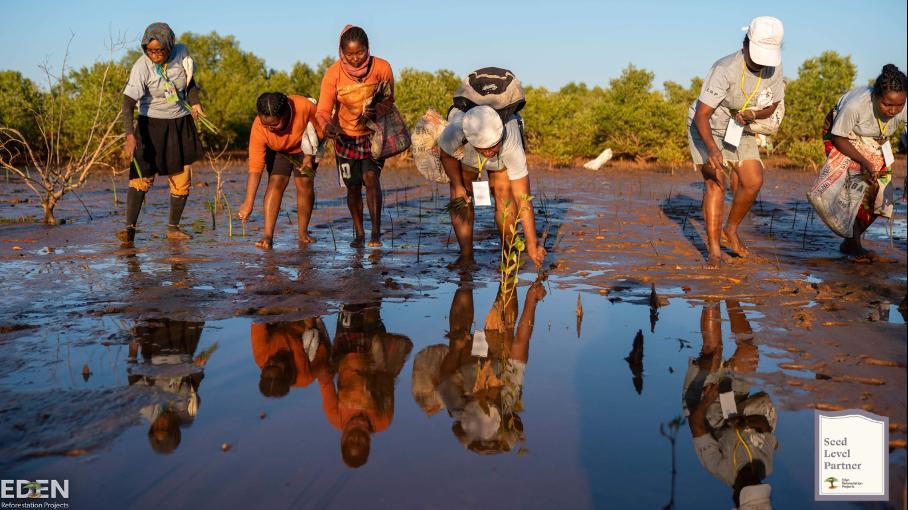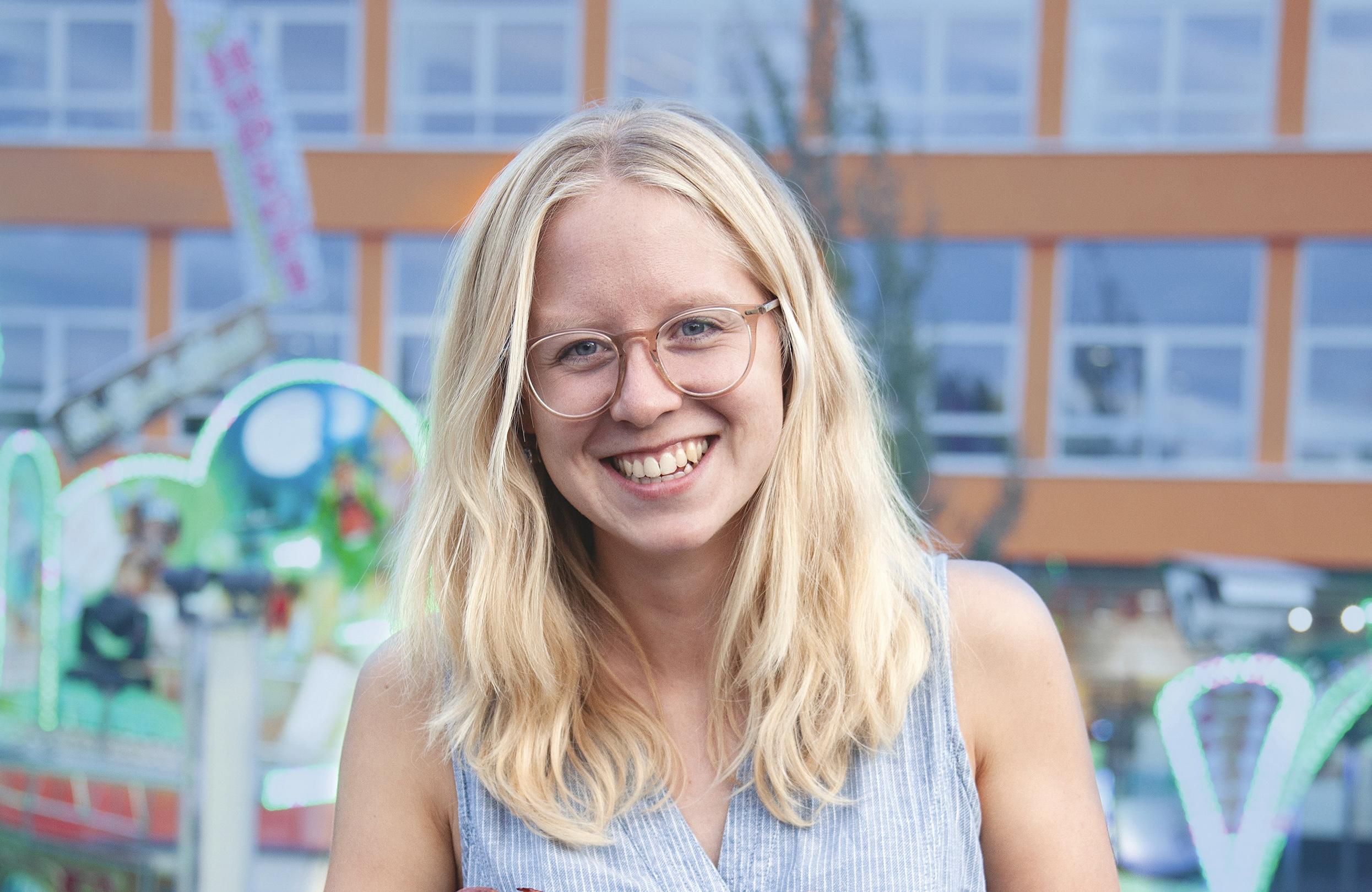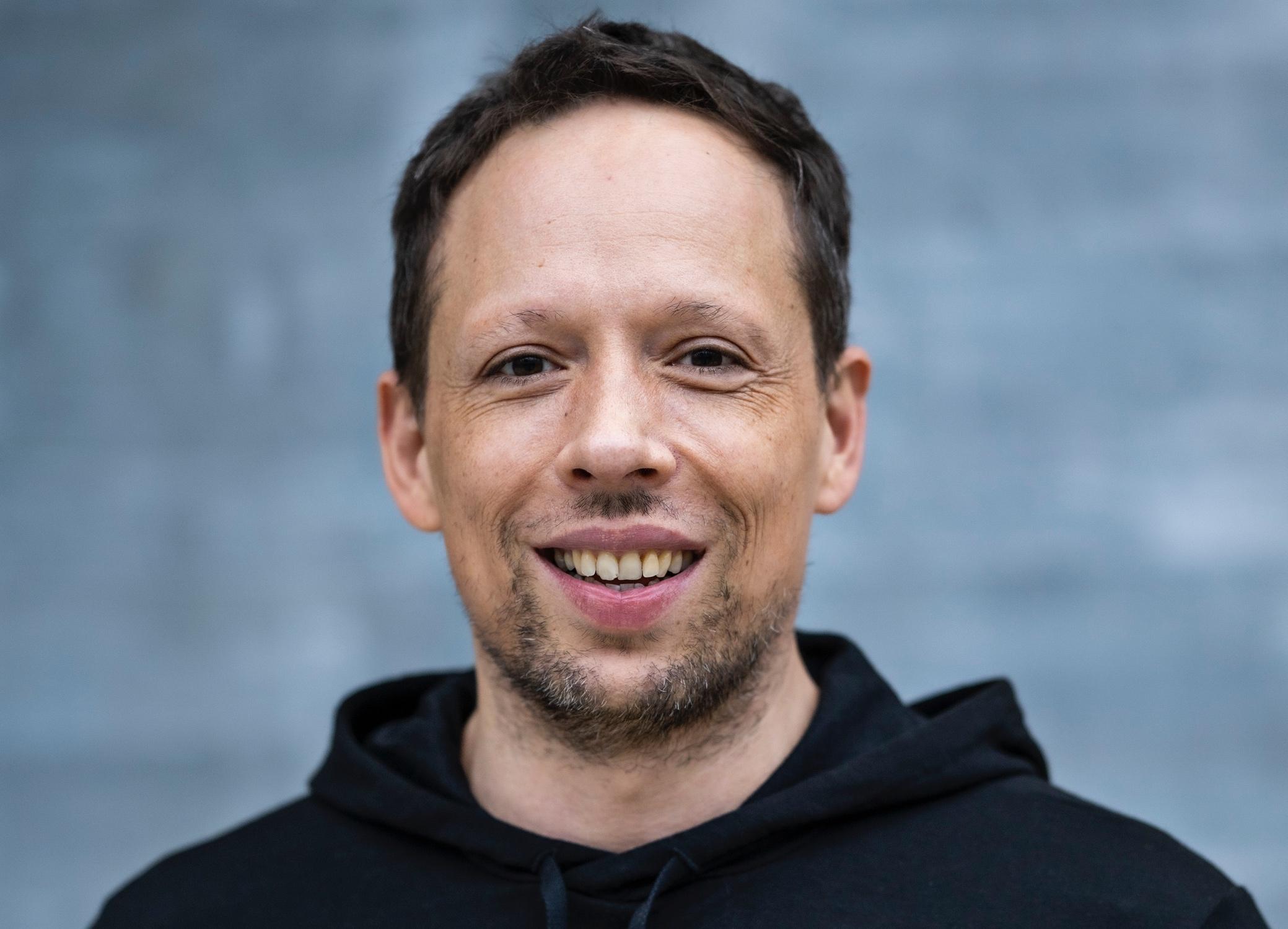"The trend towards more sustainability is just getting started"
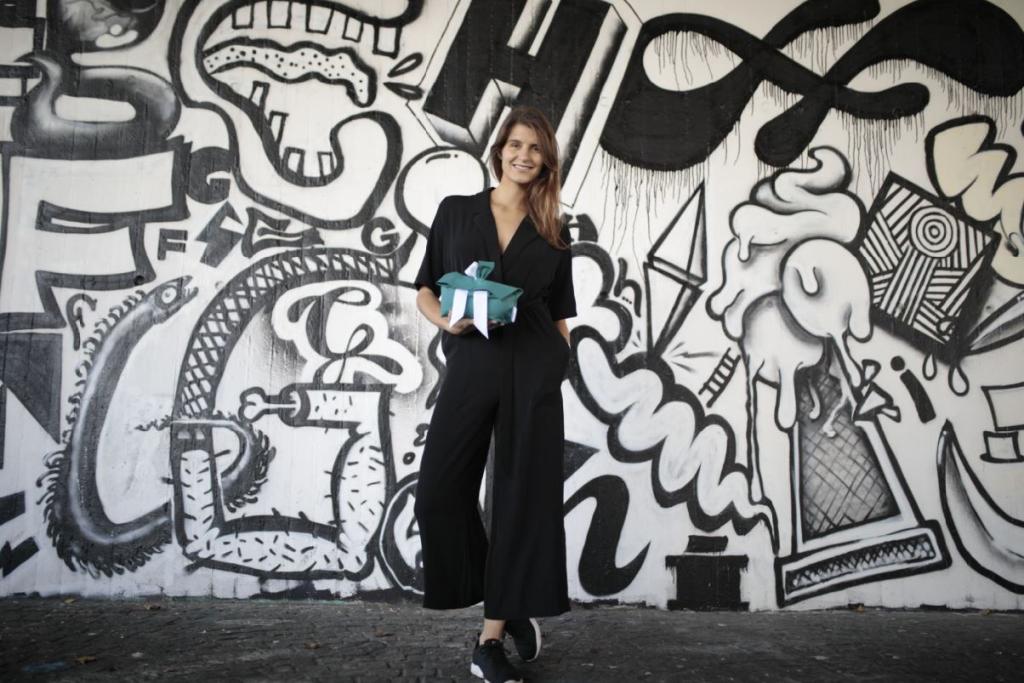
Sara Stichnote sells sustainable gift packaging with her start-up Goodgive. So far, it has involved a lot of effort and still little profit.
Sara Stichnote's world revolves around sustainability. It started with her parents, who opt for organic clothing and prefer to shop for groceries at organic stores rather than discount stores. So it seems only logical that she also focuses on sustainability in her start-ups. Stichnote is part of the founding team of Good24, a sustainable insurance broker. However, this interview will focus on her company Goodgive, which was founded in 2019 and sells reusable gift packaging made from fabric.
Ms Stichnote, with Goodgive you have developed sustainable gift packaging that you sell. How did you wrap your gifts in an environmentally friendly way before?
I often used towels, which I gave as gifts at the same time. I also often used small cloth bags that could be tied with a cord. Sometimes I didn't wrap the gifts at all.
Why didn't you stick with that and set up Goodgive instead?
Gift wrapping was always a running joke in our family. Even when I was young, I thought it was a waste. Everyone else always apologized when handing over the gift that they didn't have anything else to hand other than the usual, sometimes environmentally harmful packaging. At some point, I realized that maybe there really was just a lack of an alternative.
You took part in a start-up workshop in 2018 and started selling Goodgive in 2019, how did that go?
I started all by myself back then, today I would look for a team first. If you start up together with others, you are much more productive. In 2019, I had the first 350 packages produced according to my ideas. I was able to sell them all in the Christmas store.
So your family has been fully equipped with sustainable packaging since then?
I actually had my first buyers at Christmas markets. At the time, I was mainly out and about in Cologne, but also in Düsseldorf. I had also already launched an online store. At a Christmas market, I then found someone through a mutual friend, Alex Lange , who wanted to help me set up my start-up and who also became a co-founder, so to speak.
Sustainability is a big word that many companies use today. How sustainable is your packaging?
I think there is always room for improvement. For example, I wanted to use a 100% waste product for the fabrics. There are already initial approaches, for example from citrus or milk waste, but when we sourced our materials, they were not yet suitable for cooperation. That's why we are currently focusing on certified organic fabrics from German production. We also use recycled gift ribbon made from PET, which is produced in Germany.
Where do you produce your packaging?
We have decided on a total of eight production facilities from the sourcing of 350 workshops, with which we ultimately work together. Some of these are workshops for adapted work, people with impairments or disabilities. I got to know every workshop we work with personally.
That certainly took a lot of time. Where do your materials come from?
It is fundamentally very important to look at the supply chain for all materials in order to understand where the individual parts come from. For our fabrics, the cotton comes from certified organic cultivation in India, as no cotton grows in Germany. The recycled PET used as a raw material for our ribbons and yarns comes from Italy. There are currently no recycled PET tapes or yarns with German raw material on the market.
Your packaging also contains a QR code, what is it for?
We use an organic label from the Netherlands. Anyone who scans the code can use it to track where the packaging has been and also enter their own city. We have calculated that around 100 grams of waste are produced per gift. We can therefore extrapolate from a static value and show how much waste is saved with each individual package.
How many of your customers also scan their fabric gift packaging?
We could still work on communication so that even more customers use it. Currently, around ten percent scan the code on their gift packaging.
You seem to be struggling with marketing anyway. You only ever advertise on social channels at Christmas time.
I don't think we find it difficult, but we have focused our marketing on our main season "the Christmas period" in 2021, as we currently run Goodgive as a sideline. However, it would actually be important to do more marketing during the year, especially because our packaging is designed in such a way that it can also be used for a birthday or a wedding, for example.
How much packaging did you sell in 2020?
That was up to 4,000 units. Our production costs are relatively high, which is nowhere near enough to live on, let alone to pay employees. Many consumers are accustomed to fast fashion items, for example, at prices that are far too low and there is a need to raise awareness of the actual production and distribution costs for sustainable items. Nevertheless, we have achieved something this year: We were able to make our brand much better known - and we received a lot of positive feedback from our customers. In order to run Goodgive as a main business, we would have to develop other products in addition to gift packaging. We have decided against this for the time being, but that doesn't mean we can't tackle it again in the future. We were all pretty much burnt out at the end of 2020, didn't produce any more and are currently selling our stock so that we can start new production with a full till.
Why haven't you relied on outside capital to grow your start-up faster so far?
The Lion's Den actually asked us at the very beginning. But we just weren't ready yet. We did apply later on, but we haven't been accepted yet. Our packaging is a product that requires a lot of explanation, as most people still think of gift packaging as a disposable product.
That all sounds like quite a task. Was that it with Goodgive?
By no means! The idea of sustainable packaging is not dead. Especially not if disposable packaging were to be banned. I still believe in the product. Incidentally, the trend towards more sustainability is only just getting started.
Your cheapest and therefore smallest gift packaging currently costs 17.90 euros and, according to the description on your website, is suitable for a tea or perfume. That sounds very expensive.
I totally understand that the price seems very high. But if you honestly calculate how much money you spend on packaging every year, you'll soon realize that you'll quickly recoup the costs with one of our reusable sustainable packaging. The idea is for families or groups of friends to use this packaging with each other, thus creating individual small cycles. This allows them to save money quickly and also do something for the environment. Many people who order from us do so in large quantities to get the packaging out to the people. We're very pleased about that, of course.
Thank you very much for talking to us.
About the person:
Even as a child, Sara Stichnote was taught by her parents how important sustainability is. When she spent a semester abroad in California in 2011, she noticed that the USA was already much further ahead than Germany in some areas. Plastic bags were banned on campus, for example. Despite this, Stichnote initially did something else and worked as a web producer for a while. In 2018, she quit her old job and launched Goodgive. Stichnote is also part of the founding team of Good24.

Newsletter
Startups, stories and stats from the German startup ecosystem straight to your inbox. Subscribe with 2 clicks. Noice.
LinkedIn ConnectFYI: English edition available
Hello my friend, have you been stranded on the German edition of Startbase? At least your browser tells us, that you do not speak German - so maybe you would like to switch to the English edition instead?
FYI: Deutsche Edition verfügbar
Hallo mein Freund, du befindest dich auf der Englischen Edition der Startbase und laut deinem Browser sprichst du eigentlich auch Deutsch. Magst du die Sprache wechseln?

